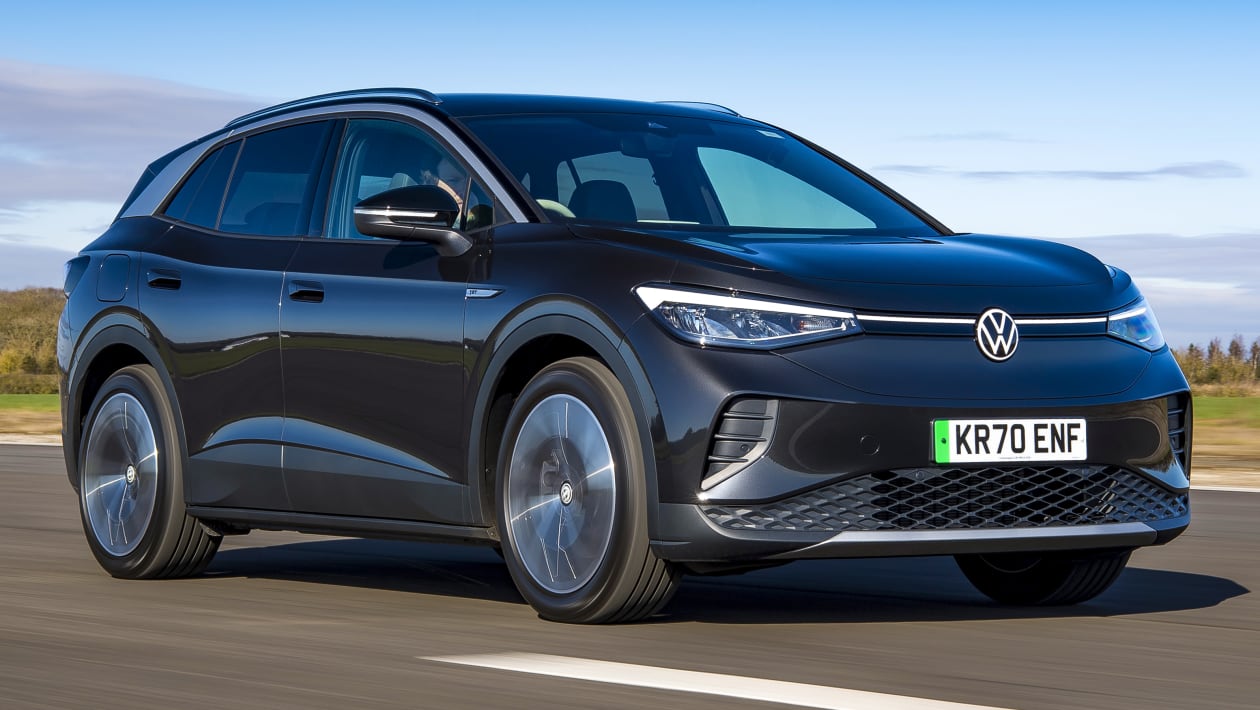The European auto industry risks substantial fines due to decreasing demand for electric vehicles (EVs). Renault CEO Luca de Meo warns that car manufacturers could face penalties worth billions.

Fines could reach billions due to low EV sales
European carmakers may face up to €15 billion in penalties if electric vehicle demand remains stagnant, according to Renault CEO Luca de Meo. Speaking on Saturday to French radio station “France Inter,” de Meo warned that the industry could also see a reduction in production by more than 2.5 million vehicles. He attributed this risk to the upcoming 2025 EU CO2 emissions targets, which will tighten the average emission limit for new cars from 116 grams per kilometer in 2024 to 94 grams per kilometer.

Consequences of exceeding EU emissions limits
De Meo, who also heads the European Automobile Manufacturers’ Association (ACEA), stressed that the pace of the shift towards electric vehicles is currently too slow to meet these goals and avoid fines. “The current speed of transitioning to electric cars is about half of what we need to achieve the targets, which would help us avoid penalties,” de Meo explained. Fines for exceeding CO2 emissions limits are set at €95 per excess gram of CO2 per kilometer, multiplied by the number of vehicles sold. For major automakers, these fines could result in hundreds of millions of euros in penalties.
The Renault CEO urged for more flexibility in meeting the targets, stating, “It’s very dangerous to set deadlines and fines without allowing some degree of flexibility.” De Meo also pointed out that while much of the industry’s focus is on the 2035 deadline for eliminating combustion engines, the more immediate challenge is meeting the 2025 targets.
Volvo scales back ambitious EV plans
Volvo, one of the leading automakers aiming for electrification, has already scaled back its goals. On September 4, the Swedish company, majority-owned by China’s Geely Holding, announced it would no longer aim to become a fully electric car manufacturer by 2030. Instead, Volvo will continue offering hybrid models by that time.
Despite this adjustment, Volvo CEO Jim Rowan emphasized the company’s commitment to an electric future. “We are confident that our future is electric,” Rowan said, adding that the path to full electrification would not be linear, with markets and consumers moving at different speeds. This change reflects broader industry challenges, as the demand for electric vehicles has slowed due to a lack of affordable models and delays in expanding the charging infrastructure.
Volvo is also preparing for the impact of European tariffs on electric vehicles manufactured in China, which could further complicate the market for EVs.









